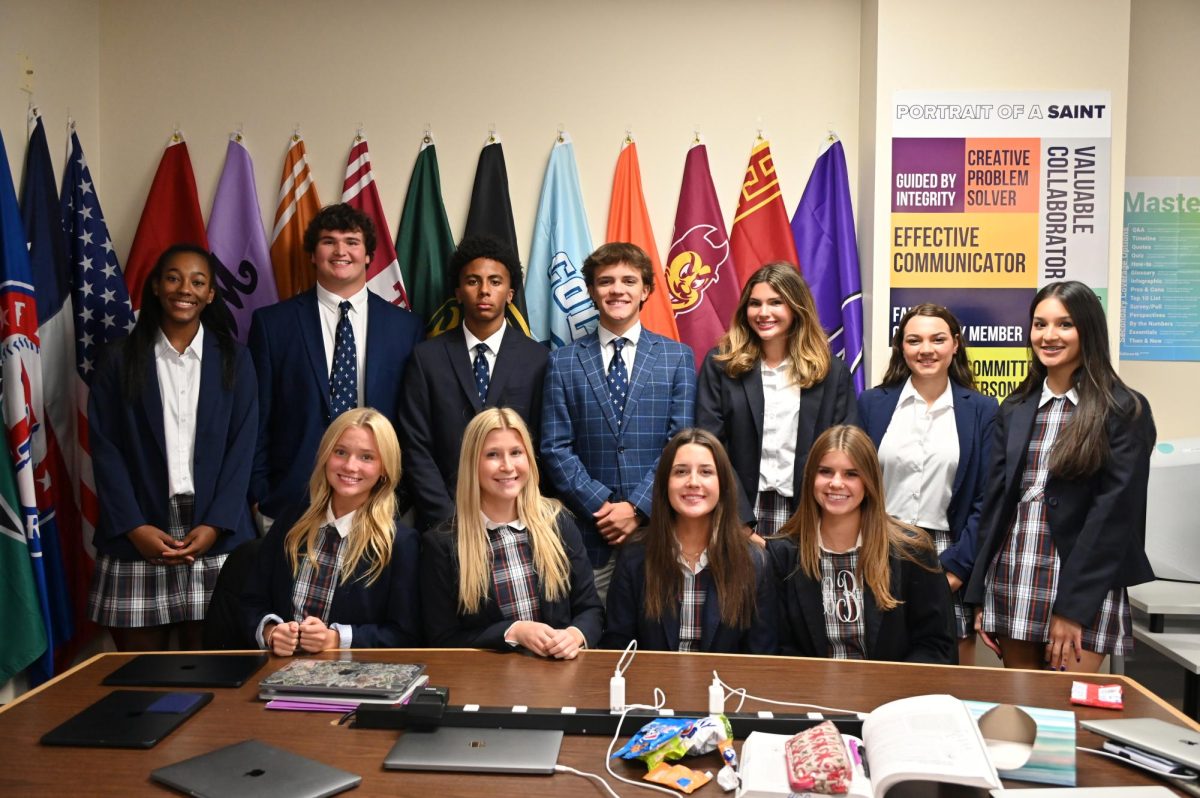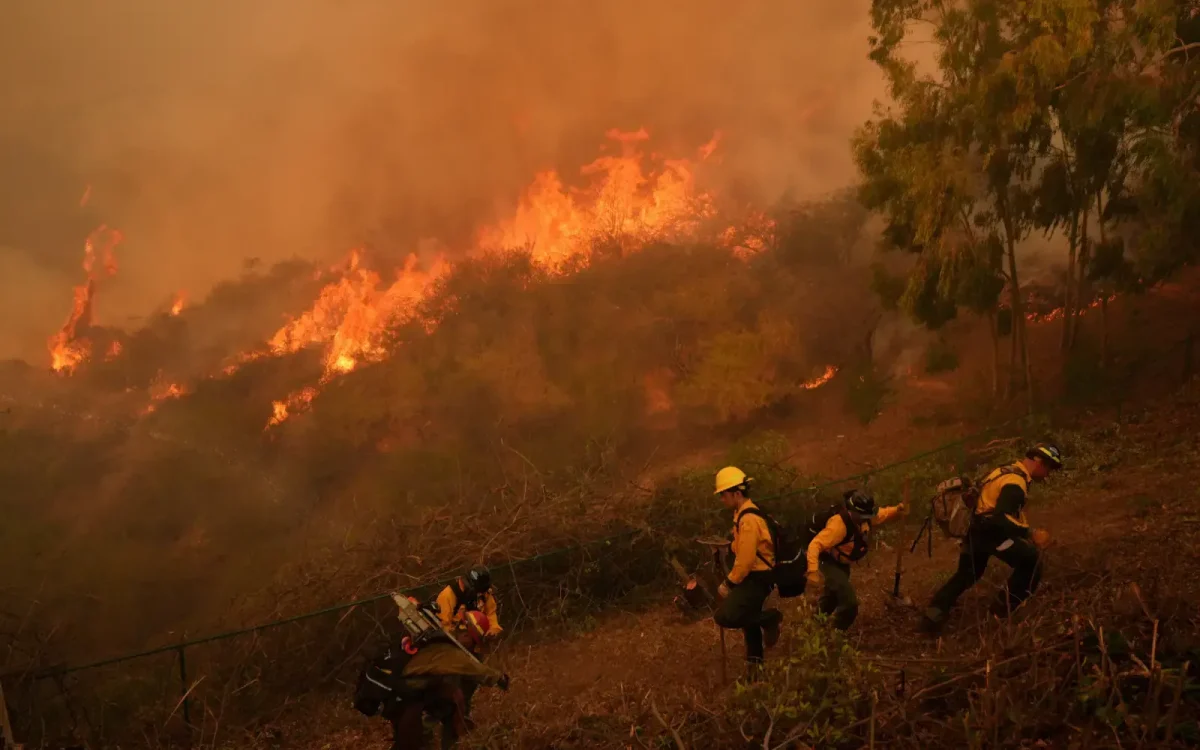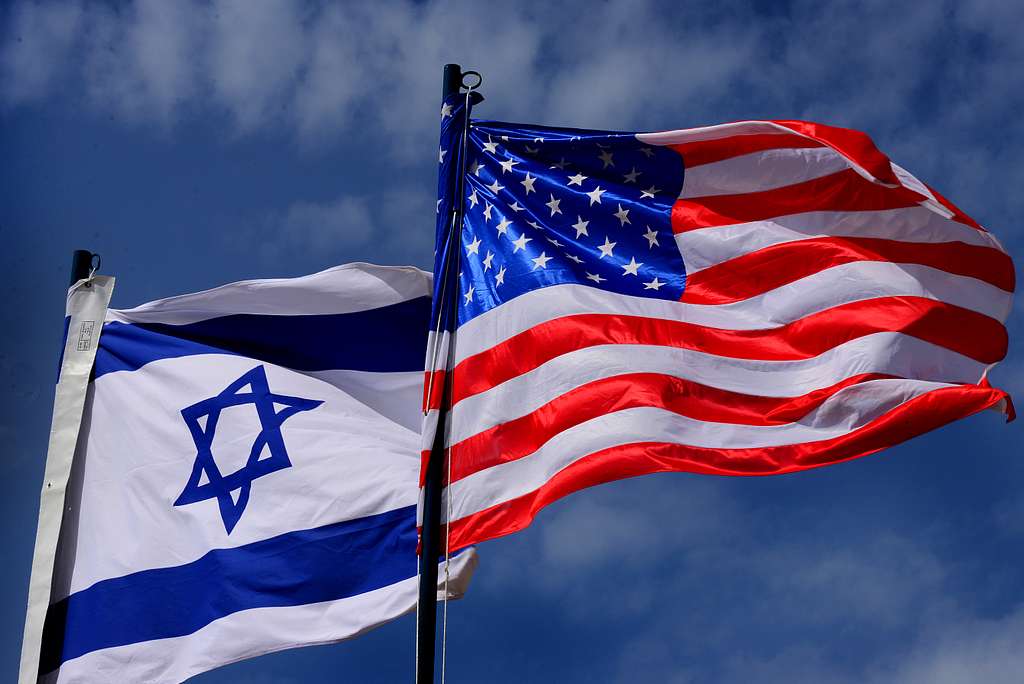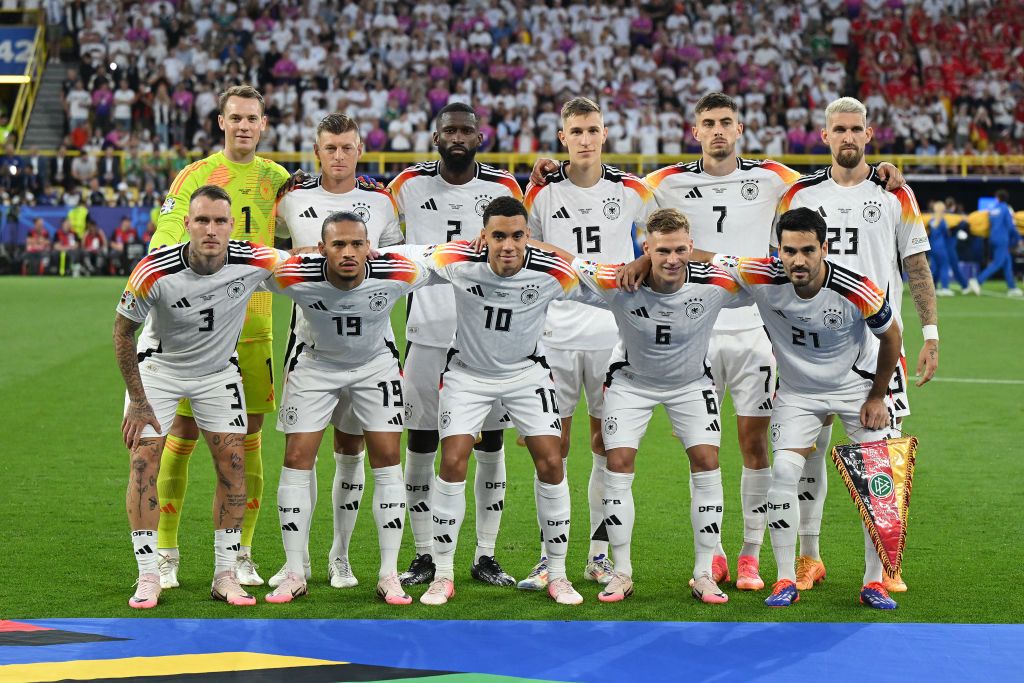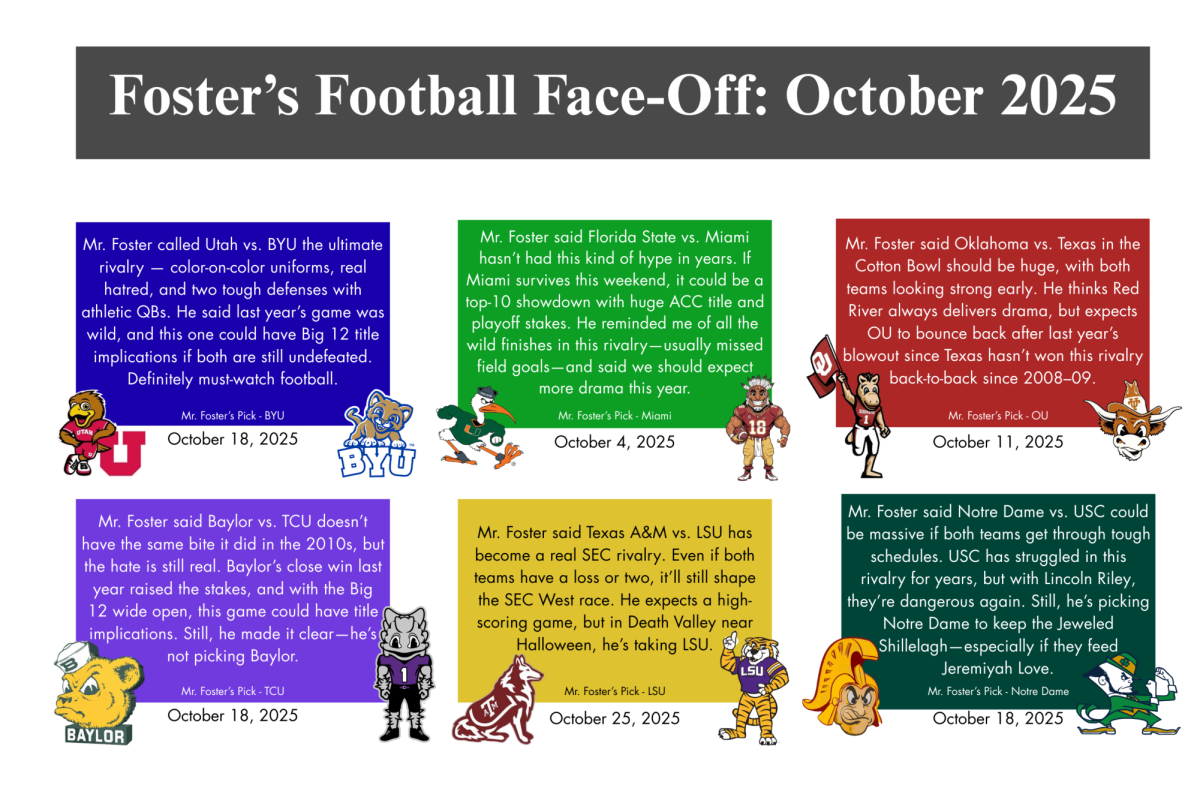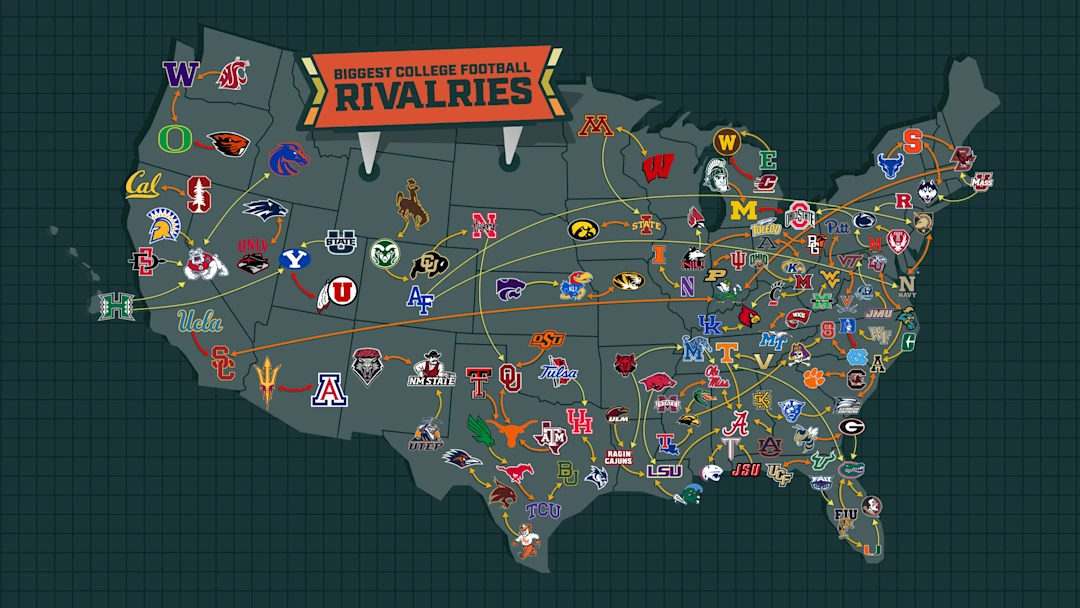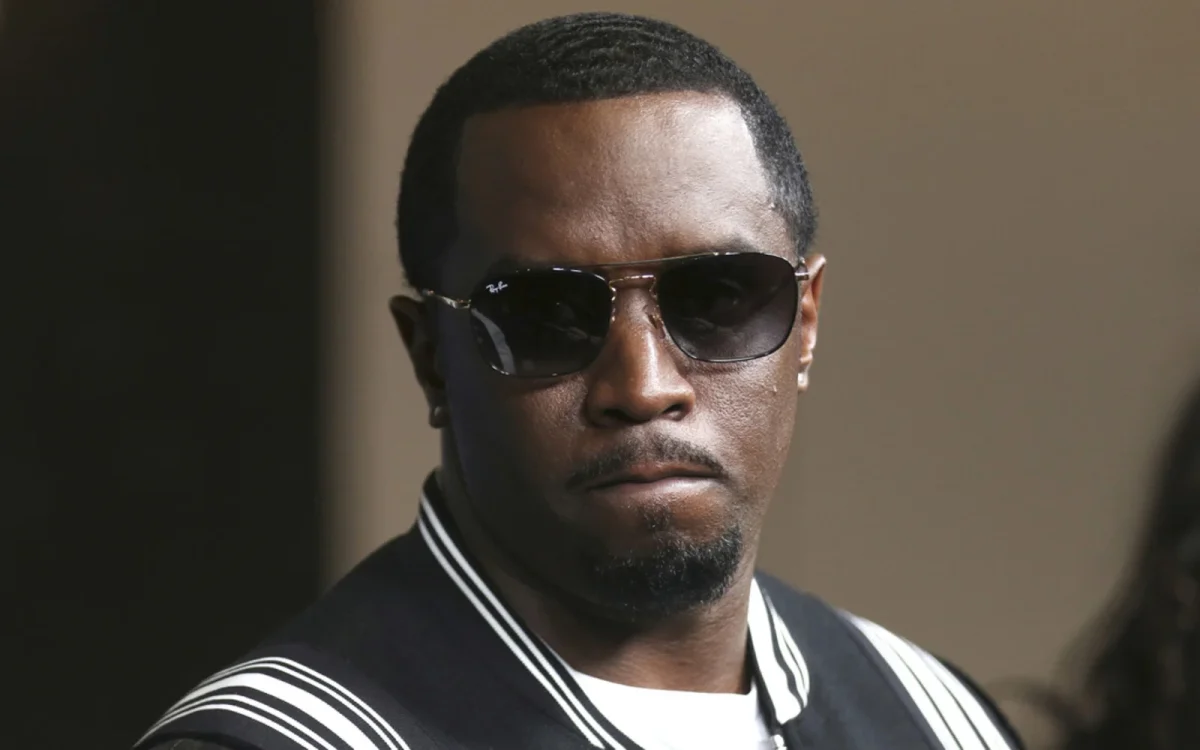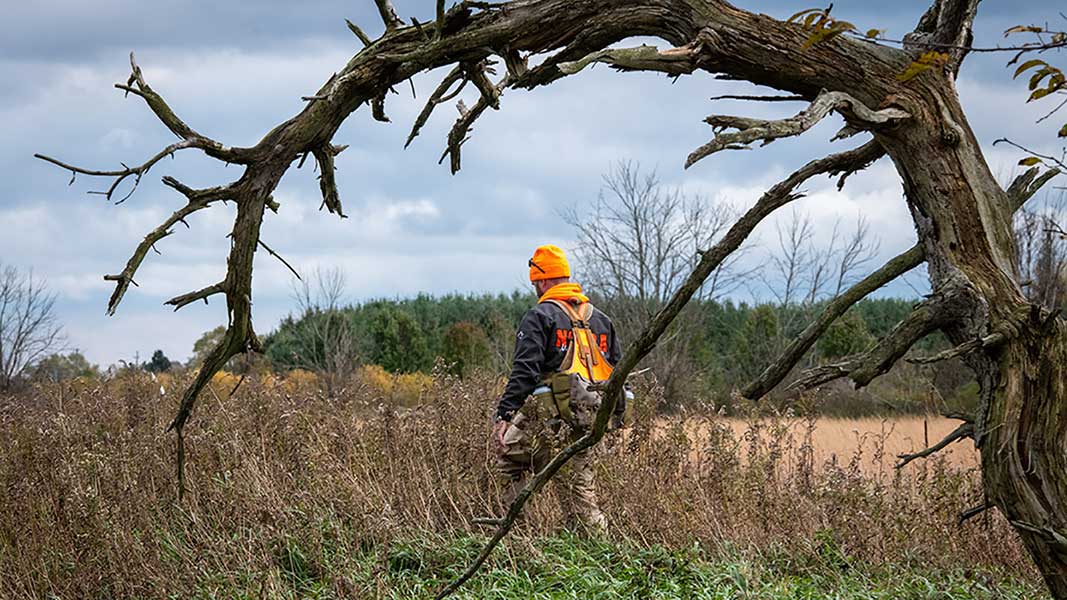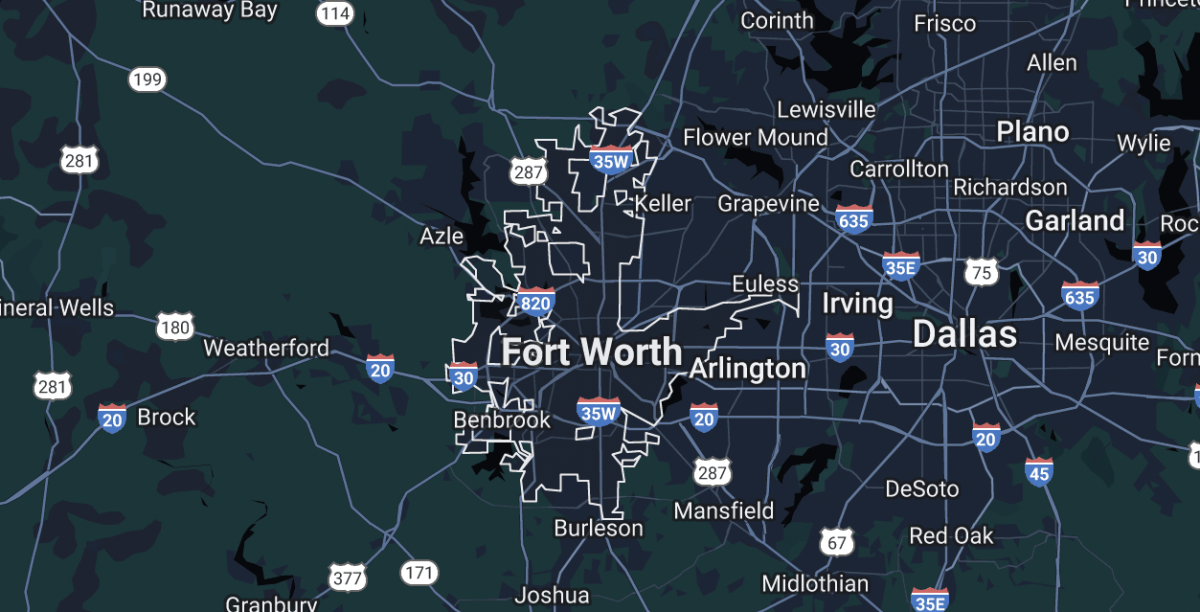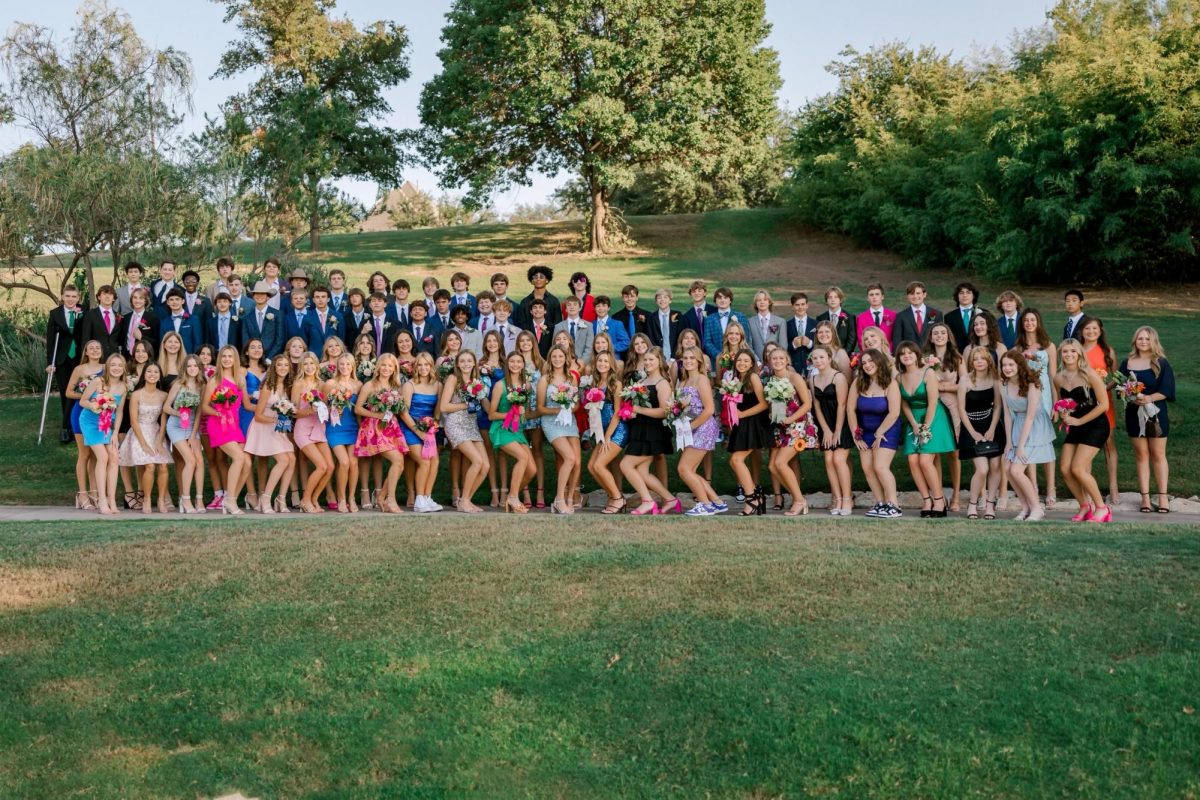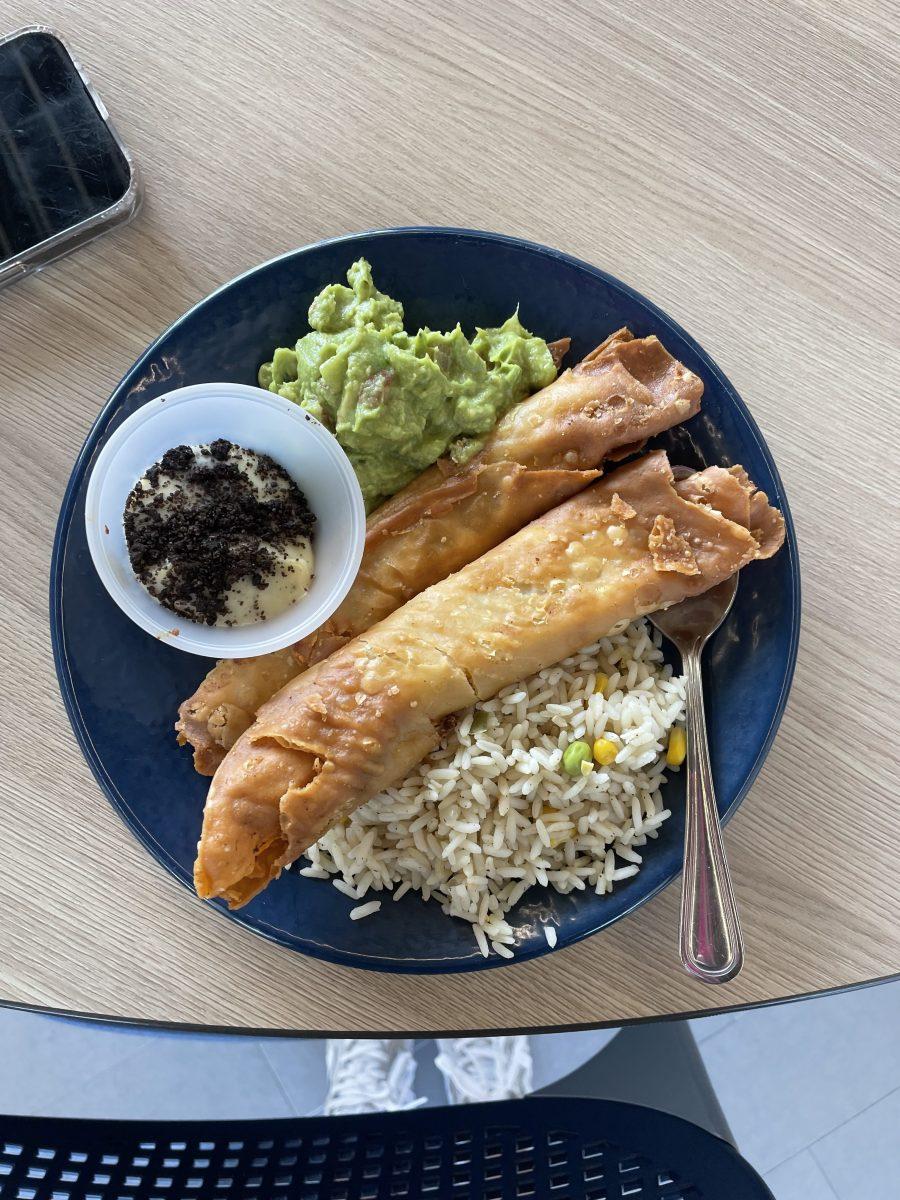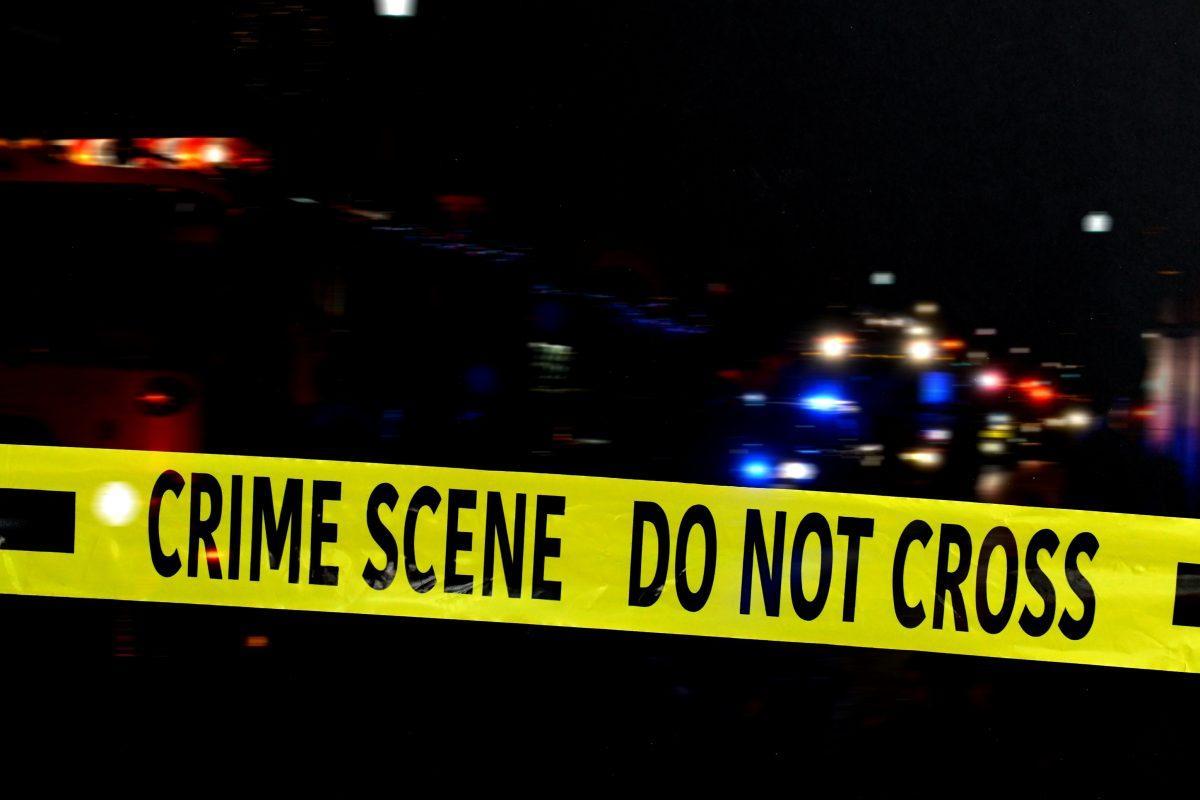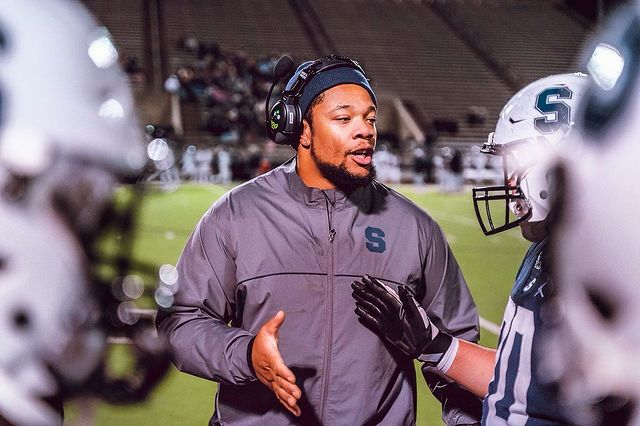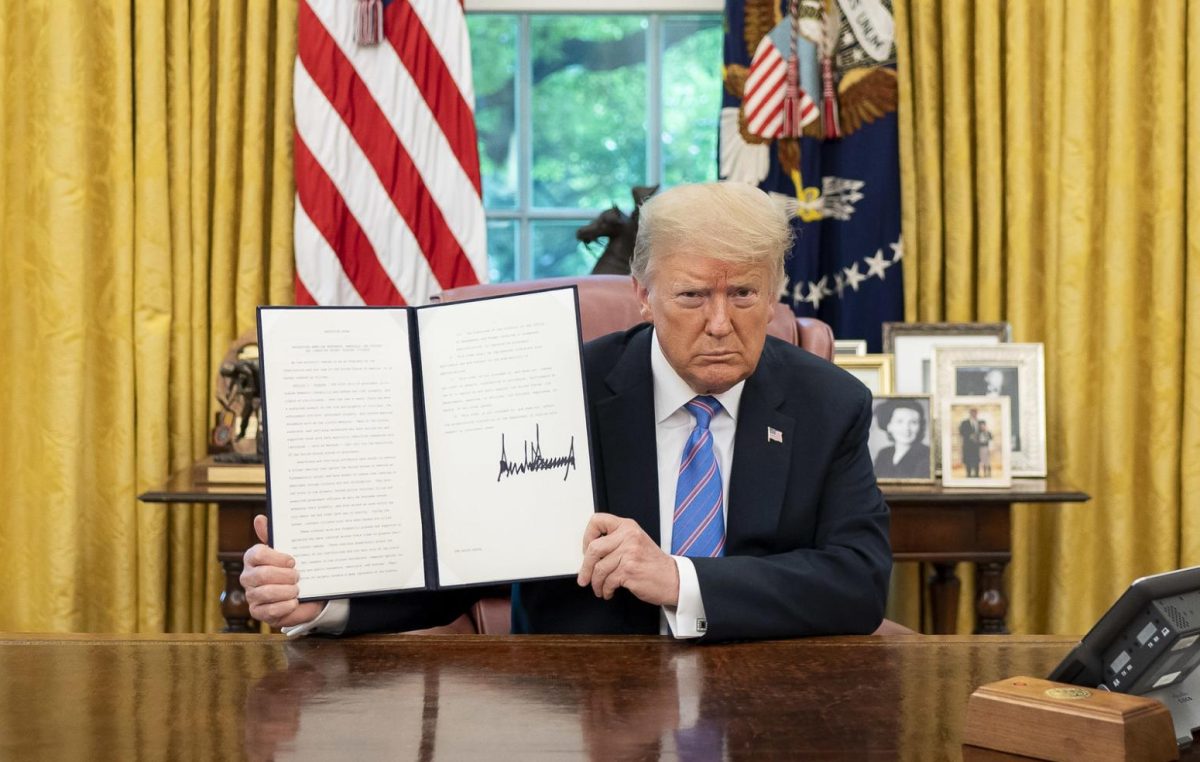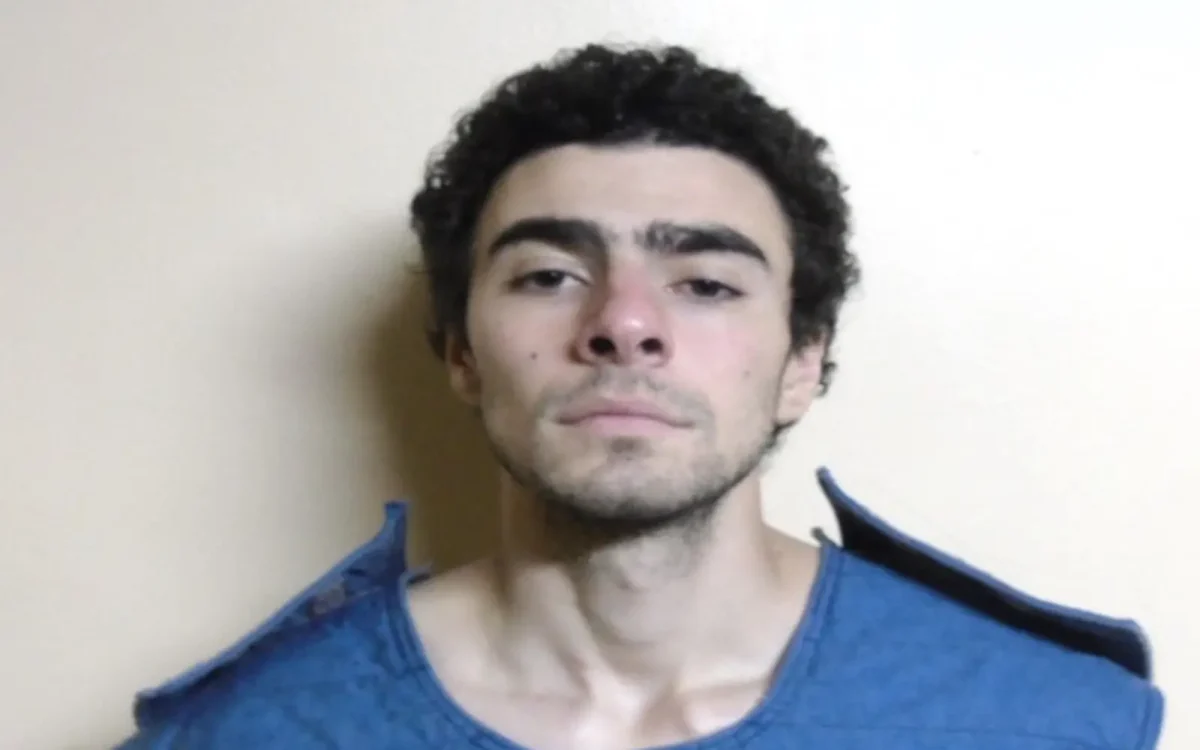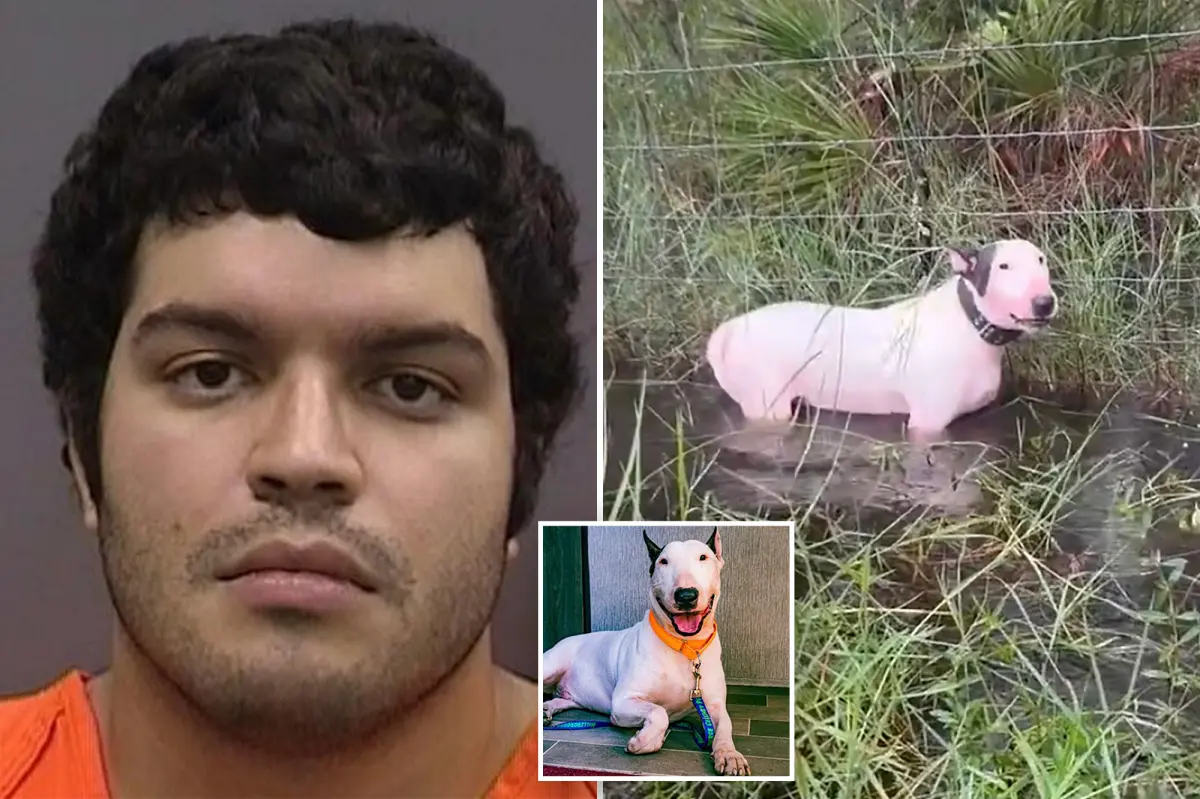Police Brutality: the use of excessive physical assault or verbal assault during police procedures, such as apprehending or interrogating a suspect. Deadly force is not always excessive force. However, when the fatal force exceeds the necessary force in creating a safe environment, it is considered police brutality.
We often hear this term and don’t understand what police brutality is.
Tyre Nichols, a 29-year-old black male died on January 7th, in Memphis during his encounter with the police. He was initially pulled over for “reckless driving”, however, the 5 officers: Demetrius Haley, Tadarrius Bean, Emmitt Martin III, Justin Smith, and Desmond Mills Jr assumed Nichols was “high as a kite.
He quickly then faced the bullets from 5 black male police officers, after unfortunately crossing paths with officers who Nichols was stopped by members of the Scorpion task force — a unit of officers designed to patrol specific areas of the city and focus on auto thefts and gang-related or drug-related crimes.
They now face counts: second-degree murder, aggravated assault, aggravated kidnapping with bodily injury, aggravated kidnapping in possession of a deadly weapon, official misconduct, and official oppression.
This case was presented to our current All saints’ Episcopal School of Fort Worth off-duty police officers.
I first spoke with Detective Jessie Contreras. We began the interview with a bit of small talk.
AH: How did you go about your calling of being an officer?
JC: had a family member who was a former officer and “rolled along with him during a night shift and then it just became my drug, I loved it.”
AH: What is the hardest thing about being an officer?
JC: “Seeing the cycle of the younger generation falling into the cycle of crime.”
AH: Why a school off-duty officer of all places?
JC: I actually worked in schools as an officer for 10 years at different high schools and middle schools. So once this spot became available, I now being a family violence detective applied.” He wasn’t completely aware of all details of the Tyre case however when asked about his thoughts. Contreras said knowing how quickly things can happen and people not always aware of the situation officers are in, He couldn’t really give an opinion.
AH: Do you believe race can be an underlying element in police brutality cases? Contreras said yes. If he were able to do something to prevent cases like this from reoccurring
JC: “I want everyone to realize we are all people and all come from different environments and backgrounds, so as an officer, you must be able to adapt and be understanding and allow yourself to fully emerge in the community and know what type of community your in. Every environment is different, whether East, West, North, or South. If you don’t adapt to the people you are dealing with, you will lose track of who you are.” Contreras left with a closing message “we are all human, we all make mistakes, and every situation is different and when you point the finger at police, in general, it is no different from stereotyping out in the streets. You can’t look at an officer and put him in that category when you know nothing about him”
JC:In conclusion, in our own community, we must recognize we are all people. We make mistakes and must be understanding that we all come from different environments and must be adaptable or ultimately we will fail.



